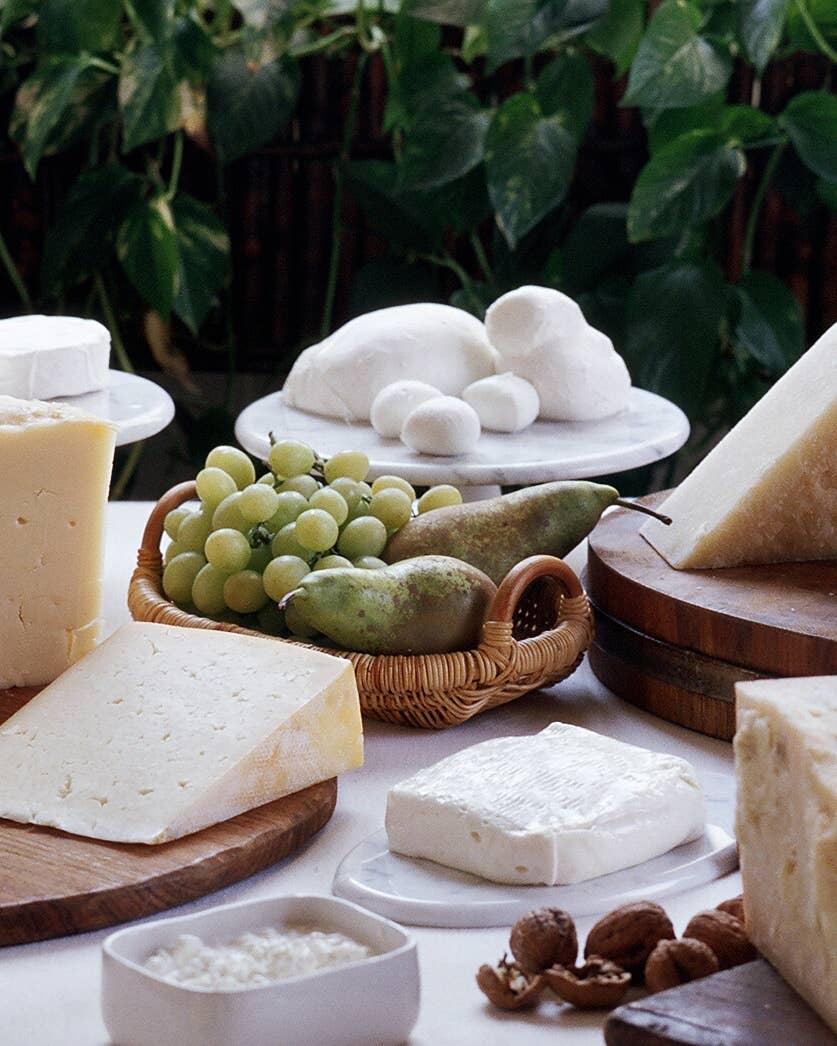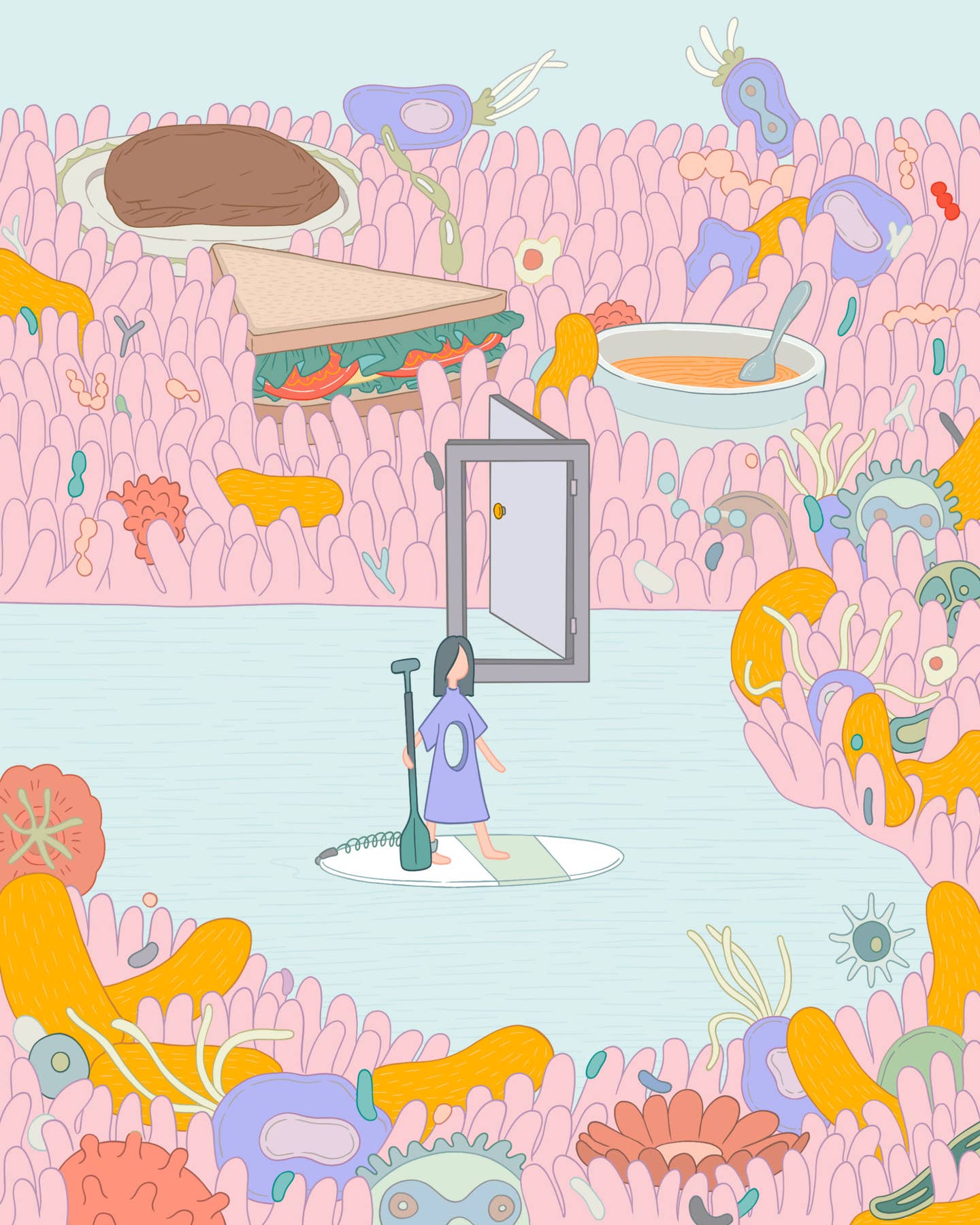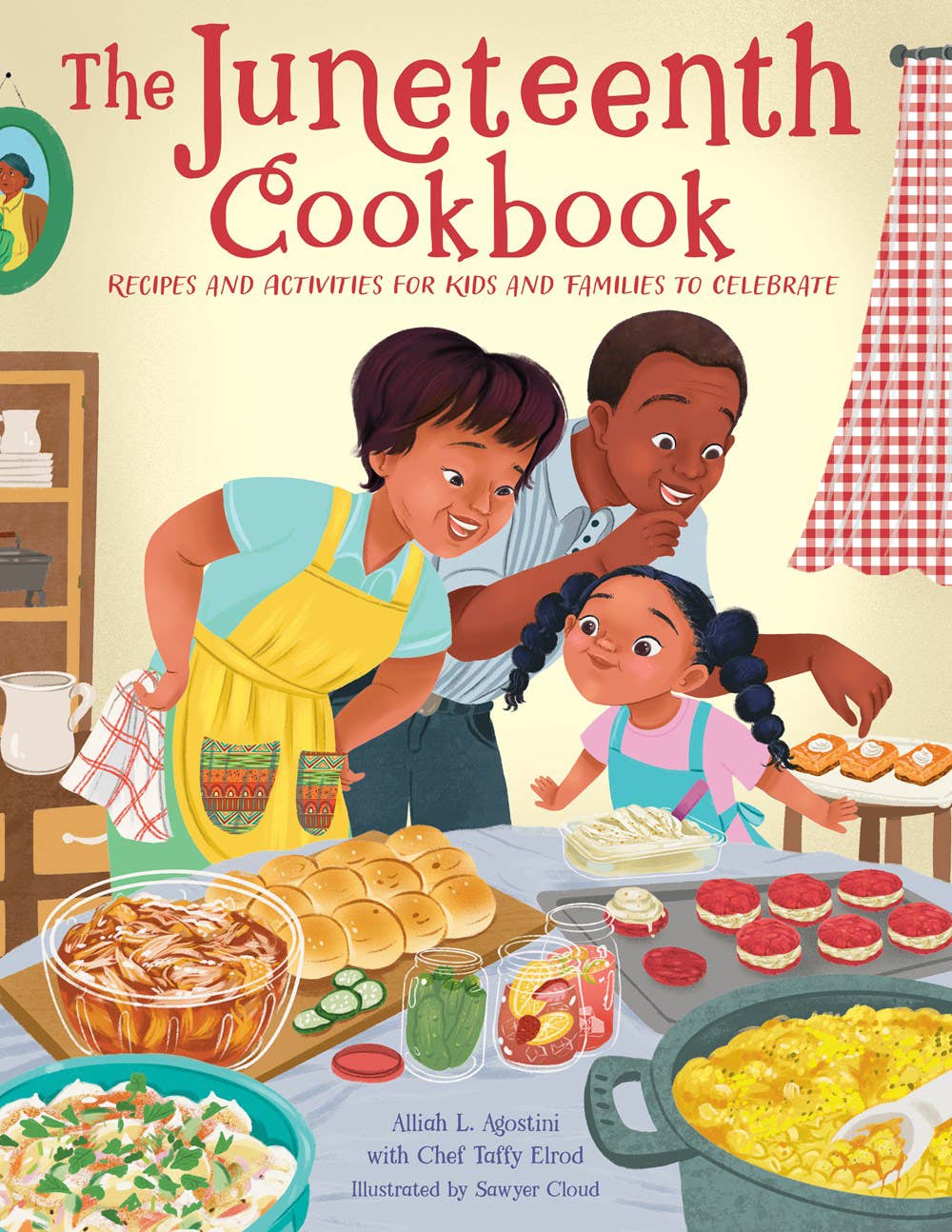
Replica Cakes Prove That Nothing Is Safe in the Food Art World
Artists that work with food have few resources at their disposal to protect their work against copycats
Pastry chef Caitlin Freeman first started selling her art-inspired food at the Blue Bottle Coffee bar San Francisco MOMA in 2013. Now, her cakes are still there, but she's not the one making them.
As NPR reports, Freeman came up with the idea of baking cakes that resembled and reinterpreted famous paintings, such as Piet Mondrian's basic gridded works. This cake ended up as the cover of her book, Modern Art Desserts, and even made a cake (called the Oculus cake) made to resemble SFMOMA's unique exterior design. But when Freeman returned to the museum after the Blue Bottle shop closed, she discovered that the shop was still selling her desserts, but not crediting them to her.
The Oculus was one of the fake cakes she noticed the shop was selling, along with one inspired by a piece by Ellsworth Kelly, and another by Andy Warhol. She told NPR, "It stings because I felt like I was doing something for beauty and for love...I'm just so bummed that the SFMOMA didn't want me and my future inspiration back." Although she was disappointed, NPR reports that Freeman does not plan to pursue legal action against SFMOMA.
NPR states that both the museum and the cafe responded to requests to comment, but they did release the following statement: "SFMOMA is highly respectful of the expression of our partners and their desire to draw inspiration from the museum's architecture and art collection to create new work across all media, including food. Our art-inspired desserts continue a long tradition of art-inspired food served at SFMOMA and at museums and cultural institutions all over the world. We were pleased that Caitlin Freeman was a part of that legacy and are very grateful and respectful of her contributions."
The museum’s refusal to acknowledge the source of their “art-inspired desserts” is completely legal; intellectual property laws rarely apply in the food world outside of mass manufactured food. (It’s also difficult to copyright necessary everyday items, such as food, clothing, and even furniture.) NPR spoke with Naomi Beckman-Straus, an intellectual property attorney in Los Angeles, who said, "Recipes are not copyrightable, nor are methods of cooking, and ideas are never copyrightable. So the idea of making desserts inspired by artworks could not be copyrighted.” But there is no real reason they couldn’t be copyrighted. She continues, “Because our legal system works on precedent, a lot of it is just that it's generally accepted that there's no copyright protection for restaurant dishes or food."
But for cooks who have a particular eye toward food as art and design, "trade dress" is a potential workaround, a way to protect the way a product looks “if it serves to distinguish the brand,” NPR explains. If a chef or restaurant (or artist) could be easily identified by their plating methods or style, this could ensure that their work stays their own.
Freeman isn't the only food artist who faces this challenge. Lernert & Sander's famous food cubes are also at risk, as are Carl Warner's Foodscapes, Julie's Kitchen's food collages, and Christopher Boffoli's Big Appetites. Imitation may be the best form of flattery, but if your medium is food, you don't have much protection to work with.
Keep Reading
Continue to Next Story










